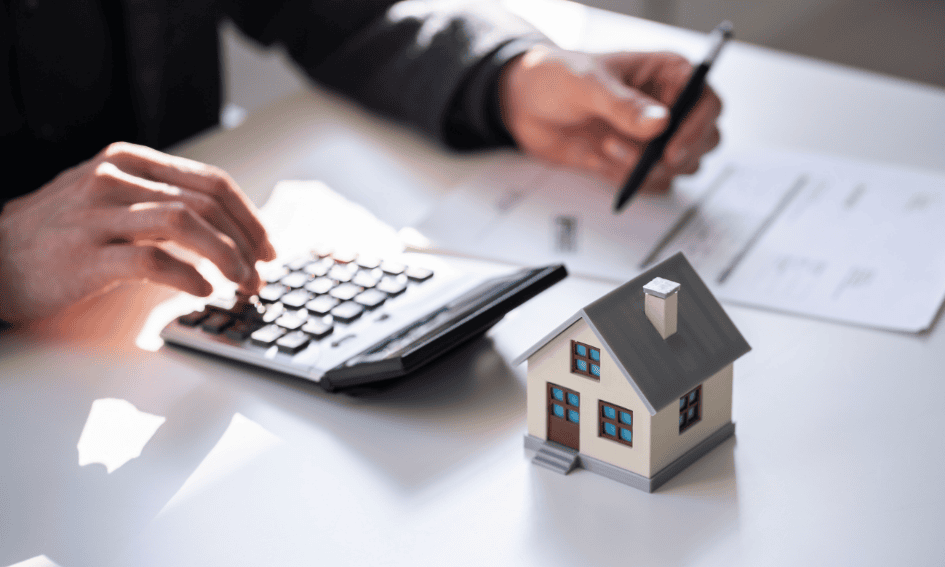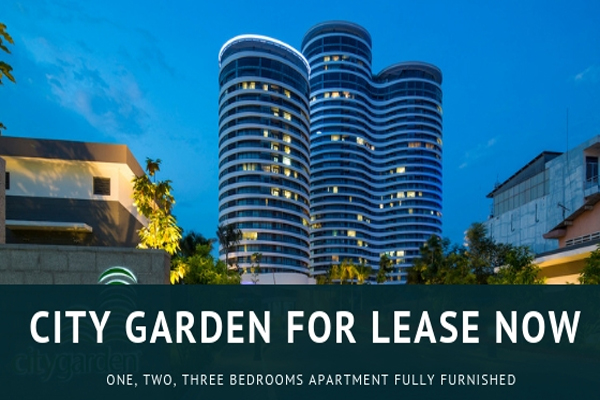Buying Property in Vietnam for Foreigners: Complete Guide 2025
30 Sep, 2025

Buying property in Vietnam foreigners has become a growing trend as the country’s real estate market attracts increasing attention from expats and international investors. Ho Chi Minh City, as Vietnam’s largest economic and cultural hub, stands out thanks to its rapid urbanization, expanding infrastructure, and diverse lifestyle offerings. Areas such as Thao Dien, District 1, Binh Thanh, and District 7 provide a wide range of choices including apartments, villas, and serviced apartments, suitable for both residential and investment purposes.
Since the 2015 Housing Law expanded property ownership rights for foreigners, purchasing real estate in Vietnam is no longer out of reach. However, along with the opportunities come challenges related to legal frameworks, procedures, and ownership restrictions that buyers must fully understand before making a decision. This is why a legal guide for foreigners buying property Vietnam is essential, offering investors a comprehensive overview of prices, locations, and the legal requirements involved.
Legal Guide for Foreigners Buying Property in Vietnam
The process of buying property in Vietnam foreigners has been officially recognized since the 2015 Housing Law, granting opportunities for expats and international investors to own real estate. Under current regulations, foreigners are allowed to own apartments in commercial housing projects with a 50-year leasehold, which can be renewed upon expiration. This framework provides foreign buyers with a level of security when investing in fast-growing markets like Ho Chi Minh City.
However, ownership limits are imposed to maintain balance in the market. Specifically, foreigners may own up to 30% of units in a single condominium building or 10% of houses in a landed property project. Land ownership in Vietnam remains restricted, meaning foreigners can only own apartments or properties tied to land-use rights granted by the State.
Several Vietnamese banks have started offering mortgage options for expats, particularly for those with stable income and valid residency documents. Nonetheless, lending conditions are generally stricter than for local buyers. Additional costs must also be considered, including a 2% transfer tax, a 0.5% registration fee, and a 2% maintenance fee payable upon handover. By understanding the legal guide for foreigners buying property Vietnam, buyers can minimize risks and safeguard their ownership rights effectively.

Popular Areas to Buy Property in Ho Chi Minh City
When considering buying property in Vietnam foreigners, choosing the right location is essential to maximize investment value and capital appreciation. In Ho Chi Minh City, several districts stand out as prime choices for both expats and investors.
Thao Dien (District 2) is renowned for its large expat community, international schools, and green living environment. It is ideal for those seeking comfort while maintaining a serene lifestyle.
Binh Thanh and the An Phu – Binh An area are popular for their riverside premium projects and proximity to District 1 and the eastern business hub.
District 1, the city’s commercial and financial heart, is perfect for buyers aiming to invest in short-term rental apartments targeting professionals and tourists.
Meanwhile, Tan Binh, District 10, District 4, and District 5 offer more mid-range options, striking a balance between affordability and accessibility.
Southern districts like District 7 and District 8 are rapidly expanding with modern infrastructure and new projects, making them attractive for long-term investment opportunities.
Price Trends & Investment Potential
The real estate market in Ho Chi Minh City has shown consistent growth over the years, particularly in the premium apartment segment and riverside locations. With rising demand from foreign investors, property prices have steadily increased, especially in Thao Dien, District 1, and Binh Thanh.
Recent reports indicate that average apartment prices range from USD 2,500 – 6,000 per m², depending on location, facilities, and the developer’s reputation. Central areas such as District 1 and Thao Dien record the highest prices, while districts like Tan Binh, District 7, or District 8 offer more mid-range options for new buyers.
The rental market is also thriving, with an average yield of 6–8% per year, which is relatively high compared to other Southeast Asian cities. This makes buying property in Vietnam foreigners an attractive investment channel, combining long-term capital appreciation with stable passive income.
Step-by-Step Guide to Buying Property in Vietnam
For foreign buyers, the process of buying property in Vietnam foreigners should be followed carefully to ensure legal compliance and minimize risks. The first step is to define your purpose: whether you are buying for personal residence, long-term investment, or rental income. This will determine the right location and segment to focus on.
The next step is to verify the project’s legal status. Foreigners are only allowed to purchase properties in commercial housing projects approved for expat ownership. Working with a trusted real estate agent or a local lawyer is crucial to confirm details and avoid legal complications.
Once the right apartment is selected, buyers proceed to sign the Sales & Purchase Agreement (SPA) with the developer. Typically, a deposit of 10–30% of the property value is required, followed by installment payments according to the agreed schedule. Upon completion, ownership is granted under the Certificate of Ownership (commonly known as the Pink Book) in the buyer’s name.
Throughout the process, buyers should also be aware of additional costs, including taxes, maintenance fees, and registration charges. Many foreign investors also rely on property management services to handle rentals and maintenance, ensuring steady returns and hassle-free ownership.
Common Mistakes to Avoid When Buying Property in Vietnam
Although the market for buying property in Vietnam foreigners has become more accessible, many expats and investors still make common mistakes. One of the most frequent issues is failing to check the project’s legal status. Buyers may focus too much on price or amenities while overlooking whether the developer is licensed to sell units to foreigners, which could result in disputes or even loss of ownership rights.
Another mistake is choosing the wrong location. Some buyers prioritize lower prices but ignore factors such as infrastructure, transportation, and rental demand. In reality, areas like Thao Dien, Binh Thanh, and District 1 may cost more but provide stronger long-term value and rental yields.
Many first-time buyers also underestimate hidden costs, such as the 2% maintenance fee, transfer tax, or monthly management charges. These can significantly increase the overall budget compared to initial expectations.
Lastly, a common pitfall is not having a clear long-term plan. Real estate is a low-liquidity asset, so buyers should decide upfront whether they want to invest for capital appreciation, rental income, or personal residence before making a purchase.
Tips for Successful Investment in Vietnam Real Estate
To maximize opportunities from buying property in Vietnam foreigners, buyers should combine thorough market research with a solid financial strategy. First, always prioritize areas with strong infrastructure development such as Thao Dien, An Phu – Binh An, District 1, or District 7, where property values are expected to grow significantly thanks to new metro lines, bridges, and shopping centers.
Second, it’s crucial to compare multiple projects and developers before making a decision. Choosing reputable developers with a proven track record reduces risks and ensures timely handover.
Additionally, buyers should consider diversifying their investment portfolio. Instead of focusing solely on high-end apartments, combining them with mid-range properties in emerging areas like Binh Thanh or Tan Binh can balance returns and costs.
Finally, partnering with a professional real estate agent who understands Vietnamese law and has experience working with expats can save time and help avoid legal pitfalls, ensuring your investment delivers long-term value.
Conclusion
The Ho Chi Minh City property market remains one of the most attractive destinations for foreign buyers, driven by strong economic growth, a young population, and rising housing demand. Although certain legal restrictions apply, opportunities for expats in buying property in Vietnam foreigners are expanding, especially in key areas such as Thao Dien, Binh Thanh, District 1, and An Phu – Binh An.
If you are considering owning an apartment in Vietnam—whether for residence or investment—thorough preparation in legal matters, financial planning, and location choice will determine your success. Start by exploring reputable projects, comparing multiple options, and seeking support from a professional real estate agent.
Contact VnRenthome today for personalized consultation, updated apartment listings, and full guidance on the property buying process in Ho Chi Minh City. Now is the perfect time to turn your dream of owning property in Vietnam into reality.

